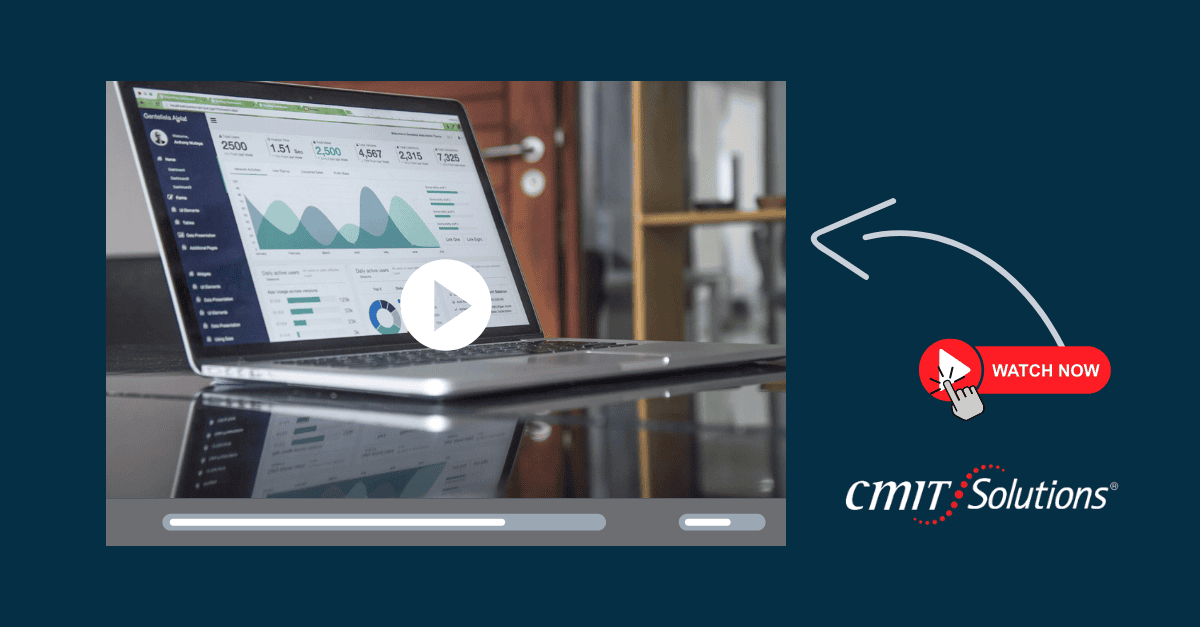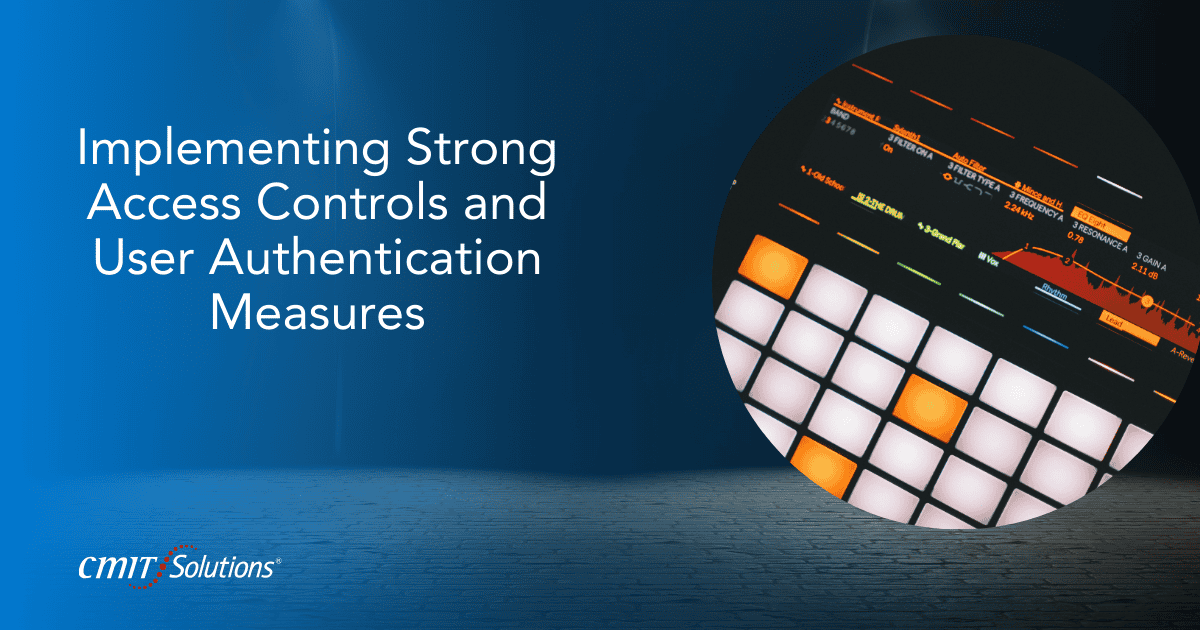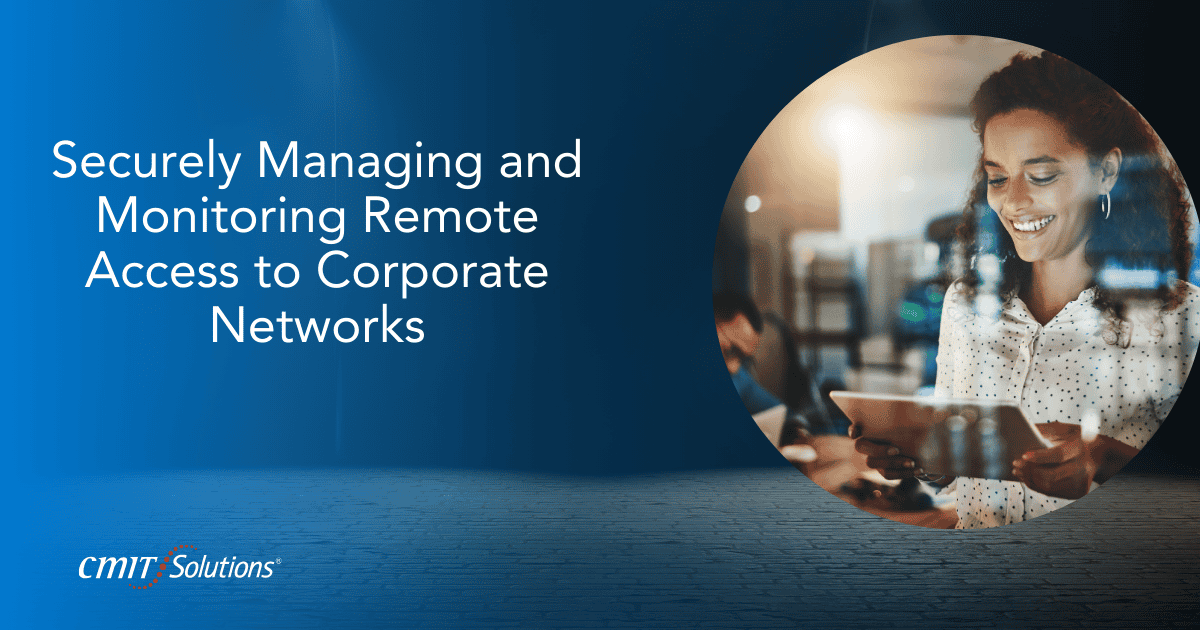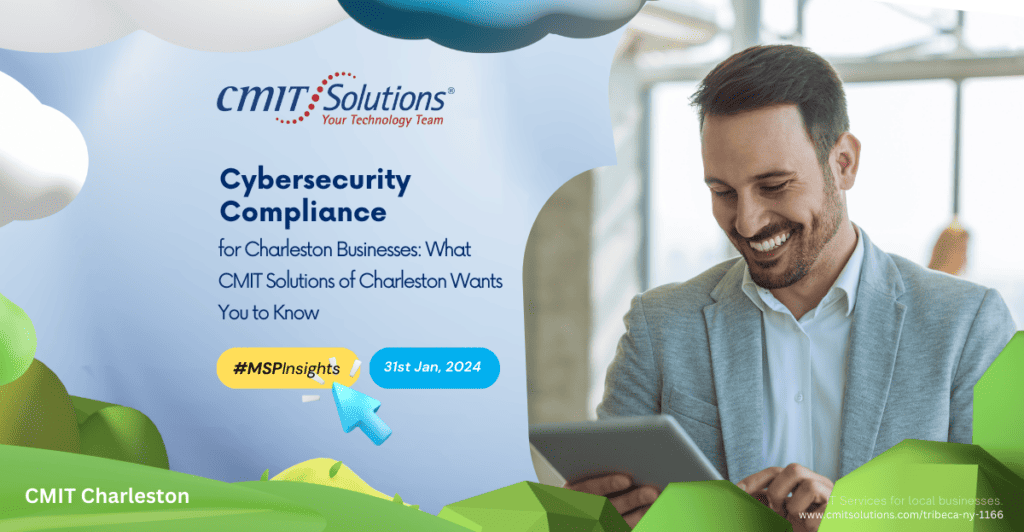In an increasingly digital world, securing your small business’s data is more critical than ever. With cyber threats lurking around every corner, safeguarding sensitive information has become a top priority. Fortunately, there are practical steps you can take to protect your business from data breaches. Let’s delve into these strategies, guided by the expertise of CMIT Charleston, to fortify your cybersecurity defenses and uphold the integrity of your data.
Introduction to Data Breach Prevention for Small Businesses
As a small business owner, you may think that data breaches only happen to larger corporations. However, the reality is that small businesses are increasingly becoming prime targets for cybercriminals. In this section, we’ll outline why data security is paramount for businesses of all sizes and the potential consequences of a data breach.
Importance of Data Security for Small Businesses
Your business’s data is its lifeblood. From customer information to financial records, sensitive data fuels your day-to-day operations. Without adequate protection, this valuable asset is vulnerable to theft, manipulation, or exposure. A data breach can result in financial losses, damage to your reputation, and legal repercussions. Therefore, investing in robust data security measures is essential to safeguard your business’s continuity and reputation.
Understanding Common Data Breach Risks Faced by Small Businesses
Before fortifying your defenses, it’s crucial to understand the common threats facing small businesses. Cybercriminals employ various tactics, including phishing scams, malware attacks, and insider threats, to exploit vulnerabilities and gain unauthorized access to your data. By familiarizing yourself with these risks, you can better prepare to mitigate them effectively.
Implementing Strong Access Controls and User Authentication Measures
One of the primary defenses against data breaches is controlling access to your systems and data. Implementing strong access controls, such as role-based permissions and least privilege principles, ensures that only authorized individuals can access sensitive information. Additionally, enforcing robust user authentication measures, such as complex passwords and multi-factor authentication, adds an extra layer of security against unauthorized access.
Encrypting Sensitive Data to Protect Against Unauthorized Access
Encryption is a powerful tool that transforms data into an unreadable format, rendering it indecipherable to unauthorized users. By encrypting sensitive data both in transit and at rest, you can prevent unauthorized access, even if the data is intercepted or stolen. Implementing encryption protocols, such as Transport Layer Security (TLS) for data in transit and Advanced Encryption Standard (AES) for data at rest, strengthens your data protection strategy.
Conducting Regular Security Audits and Vulnerability Assessments
Regular security audits and vulnerability assessments are essential for identifying and addressing weaknesses in your cybersecurity defenses. By conducting thorough assessments of your systems, networks, and applications, you can proactively identify potential vulnerabilities and mitigate them before they are exploited by malicious actors. Additionally, ongoing security audits help ensure compliance with industry regulations and best practices.
Educating Employees About Data Security Best Practices
Your employees are the first line of defense against data breaches. Educating them about data security best practices empowers them to recognize and respond to potential threats effectively. Training programs covering topics such as phishing awareness, password hygiene, and safe browsing habits instill a culture of security within your organization and reduce the likelihood of human error leading to a data breach.
Establishing a Robust Password Policy and Multi-Factor Authentication
Passwords are the keys to your digital kingdom, making them a prime target for cybercriminals. Establishing a robust password policy that mandates complex passwords, regular updates, and prohibits password sharing enhances your security posture. Additionally, implementing multi-factor authentication adds an extra layer of protection by requiring users to provide multiple forms of verification before accessing sensitive data or systems.
Secure Configuration of Network Devices and Firewalls
Network devices and firewalls serve as gatekeepers between your internal systems and the external world. Securing these devices through proper configuration and regular updates is critical to preventing unauthorized access and blocking malicious traffic. Configuring firewalls to filter incoming and outgoing traffic based on predetermined rules and implementing intrusion detection and prevention systems bolster your network security defenses.
Implementing Endpoint Security Solutions to Protect Against Malware and Ransomware
Endpoints, such as laptops, desktops, and mobile devices, are common targets for malware and ransomware attacks. Implementing robust endpoint security solutions, such as antivirus software, endpoint detection and response (EDR) systems, and device encryption, helps detect and mitigate threats before they can compromise your systems or data. Additionally, regular software updates and patch management minimize vulnerabilities and strengthen your defenses against emerging threats.
Securely Managing and Monitoring Remote Access to Corporate Networks
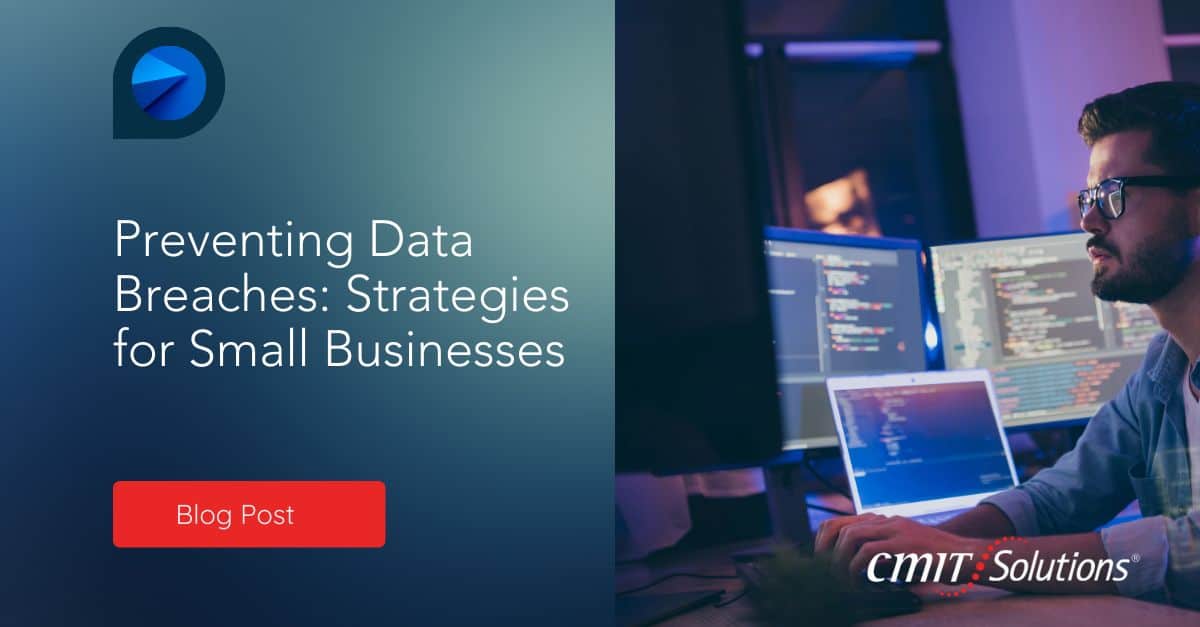
With the rise of remote work, managing and monitoring remote access to your corporate networks has become increasingly important. Implementing secure remote access solutions, such as virtual private networks (VPNs) and remote desktop protocols (RDP), ensures that remote workers can access corporate resources securely. Additionally, monitoring remote access activities and enforcing access controls help prevent unauthorized access and data breaches.
Implementing Secure Data Backup and Disaster Recovery Plans
Data loss can occur due to various factors, including hardware failures, natural disasters, or malicious attacks. Implementing secure data backup and disaster recovery plans ensures that your business can recover quickly and minimize downtime in the event of a data breach or catastrophic event. Utilizing reliable backup solutions, such as cloud-based backups and off-site storage, and regularly testing your disaster recovery plans help ensure the integrity and availability of your data.
Securing Third-Party Vendor Relationships and Supply Chains
Third-party vendors and suppliers often have access to your business’s sensitive data, making them potential entry points for cyberattacks. Securing third-party relationships through rigorous vetting, contractual agreements, and regular security assessments helps mitigate the risks associated with outsourcing. Additionally, establishing clear guidelines for data handling and monitoring third-party activities safeguard your business against supply chain vulnerabilities.
Continuous Monitoring and Incident Response Planning
Cyber threats are constantly evolving, requiring continuous monitoring and rapid incident response capabilities. Implementing robust monitoring tools and security information and event management (SIEM) systems enables real-time threat detection and response. Additionally, developing and regularly testing incident response plans ensures that your organization can effectively contain and mitigate the impact of a data breach or security incident.
Regular Employee Training and Awareness Programs on Data Security
Ongoing employee training and awareness programs are essential for maintaining a strong cybersecurity posture. Regularly educating employees about emerging threats, security best practices, and incident response protocols empowers them to recognize and respond to potential risks effectively. Additionally, conducting simulated phishing exercises and providing feedback on security incidents foster a culture of vigilance and accountability within your organization.
Conclusion: Proactive Data Breach Prevention for Small Businesses
In conclusion, safeguarding your small business against data breaches requires a proactive and multi-layered approach to cybersecurity. By implementing the strategies outlined in this blog post and partnering with trusted cybersecurity experts like CMIT Charleston, you can strengthen your defenses and minimize the risk of data breaches. Investing in data security not only protects your sensitive information but also preserves the trust and confidence of your customers. With proactive measures in place, you can fortify your business against cyber threats and ensure the continuity and resilience of your operations.

